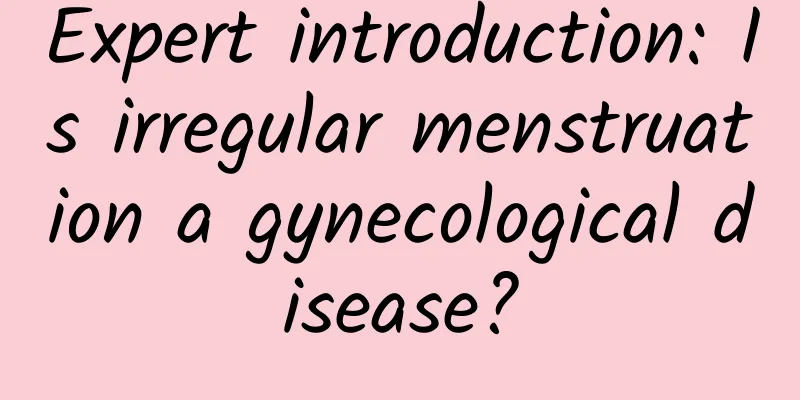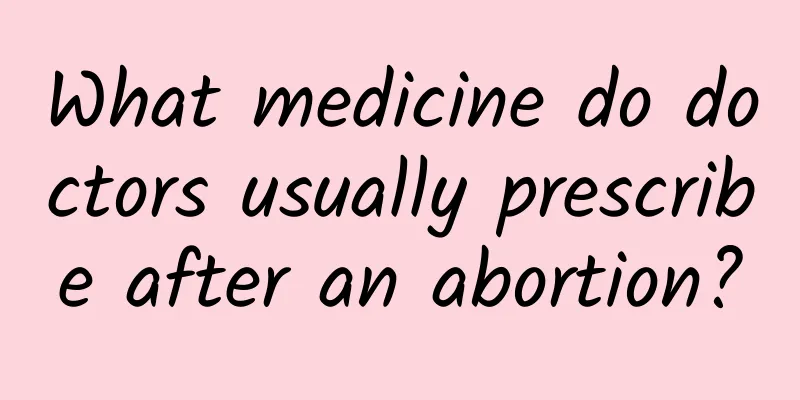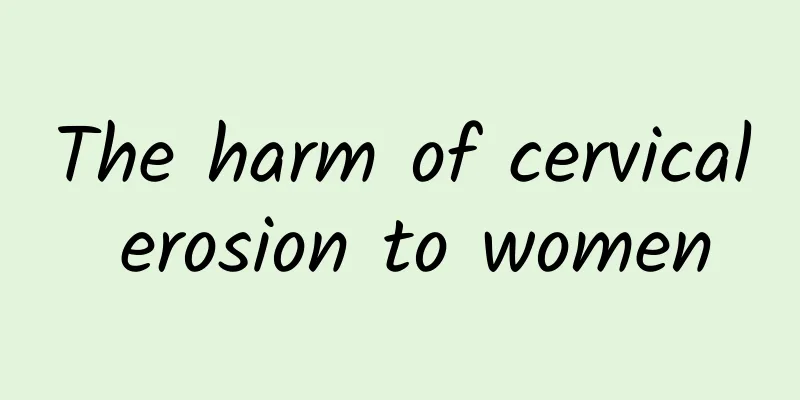How to cure fallopian tube obstruction

|
Treatments for blocked fallopian tubes include medication, surgery, and assisted reproductive technology, depending on the cause and severity of the blockage. 1. Drug treatment: It is suitable for blockage caused by mild inflammation. Commonly used drugs include antibiotics, anti-inflammatory drugs and Chinese medicine conditioning. Antibiotics such as cephalosporins and azithromycin can eliminate infection; anti-inflammatory drugs such as ibuprofen can relieve inflammation; Chinese medicine such as Guizhi Fuling Pills and Danggui Shaoyao Powder can promote blood circulation and remove blood stasis, and improve fallopian tube function. 2. Surgical treatment: For severe or physical blockage, common methods include laparoscopic surgery, hysteroscopic surgery and tubal recanalization. Laparoscopic surgery uses minimally invasive technology to clear the fallopian tubes; hysteroscopic surgery is used to treat uterine adhesions or polyps; tubal recanalization uses catheter technology to clear the blocked area. 3. Assisted reproductive technology: For patients who are still unable to conceive naturally after treatment, in vitro fertilization (IVF) can be considered to achieve pregnancy through in vitro fertilization and embryo transfer. There are many reasons for fallopian tube blockage, including pelvic inflammatory disease, endometriosis, surgical trauma or congenital abnormalities. Pelvic inflammatory disease and infection are common causes. Long-term inflammation leads to adhesion or atresia of the fallopian tubes. Endometriosis can cause adhesion of tissues around the fallopian tubes. Surgeries such as abortion and cesarean section may damage the fallopian tubes. Congenital abnormalities such as incomplete fallopian tube development may also cause blockage. In terms of prevention, paying attention to personal hygiene, avoiding unclean sexual behavior, and timely treatment of gynecological inflammation are the key. The treatment of fallopian tube obstruction requires a personalized plan based on the specific cause and patient condition. Early detection and intervention can improve treatment efficacy and fertility opportunities. Patients are advised to choose appropriate treatment methods under the guidance of a doctor, maintain good living habits, actively regulate their bodies, and increase the chances of natural conception. |
<<: What is natural biochemical pregnancy
Recommend
What medicine is good for female cervicitis and pelvic inflammatory disease? The principle of drug treatment for female cervicitis and pelvic inflammatory disease
Cervicitis and pelvic inflammatory disease are ex...
Can you still get pregnant with subserosal uterine fibroids? What are the prevention methods for subserosal uterine fibroids?
Since the formation of uterine fibroids is relate...
What is pelvic peritonitis?
Pelvic peritonitis is a common gynecological dise...
What is intrauterine adhesion
What are intrauterine adhesions? Intrauterine adh...
How to treat uterine cold dysmenorrhea better
Dysmenorrhea caused by uterine cold is a common g...
What tests should be done to diagnose cervicitis? Can chronic cervicitis be cured with medication alone?
Cervicitis is one of the common inflammatory dise...
Specific causes of irregular menstruation in women
Irregular menstruation is something women often e...
What medicine is used for vaginitis?
Different types of vaginal inflammation require d...
Hyperkeratosis is a symptom of hyperplastic vulvar leukoplakia
Vulvar itching and dry skin are common symptoms o...
Can tannic acid inhibit the new coronavirus? Red wine and nuts are great too! Nutritionists recommend 6 healthy eating methods
In addition to cleaning and disinfection and wear...
What are the dangers of adnexitis?
What is adnexitis? What are the hazards of adnexi...
A brief discussion on the diagnostic criteria of vaginitis
Vaginitis is a common gynecological inflammation ...
What is the effective treatment for uterine fibroids?
Treatments for uterine fibroids include medicatio...
A great way to boost your brain power! Don't miss these two nutrients
Why can’t children memorize English words and tex...
Physical therapy for cervical erosion
Physical therapy for cervical erosion: Cervical e...









